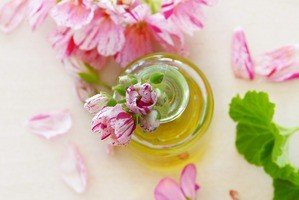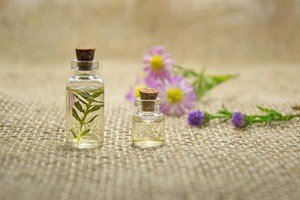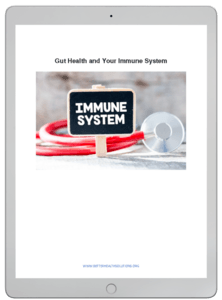Essential Oils With Antioxidant Properties
Essential oils are therapeutic grade oils extracted from various botanicals, like plants. Essential oils have been used for therapeutic reasons for thousands of years. They offer many benefits, each dependent on the plant they are derived from.
Antioxidants are important chemicals that prevent damage to the body's cells. Essential oils are often extracted from plants that have antioxidants. Because essential oils are extracts from the plant, however, they don't always have the same properties as the foods that we associate them with.
So, what essential oils have the best antioxidant properties?
Basil
Basil is an herb commonly used in cooking, but it also yields essential oils rich in antioxidants.
The key antioxidant in basil is a chemical called linalool, but according to a 2008 study published in the journal Food Chemistry, essential oils from basil had better antioxidant properties than linalool has alone.
When a chemical works better in the source than extracted, it's called "synergism." Most of the time synergism is because other chemicals in the source help our bodies to utilize the chemical that we are trying to use.
The same may be true of essential oils, but because the essential oils are so highly concentrated, they still provide more power per punch than the plant that they are extracted from.
Artemisia
Artemisia isn't one of the best known essential oils, but perhaps it should be.
A 2008 article published in the journal Phytochemistry reported that while artemisia oil doesn't have the highest antioxidant count around, it does contain both thymol and carvacrol, important antioxidants. As mentioned above, sometimes things work better together, so don't count out this important antioxidant source just because it doesn't have a high concentration of any one antioxidant.
Oregano
Oregano, another common spice used in cooking, contains both thymol and carvacrol, the antioxidants found in artemisia, as well as another antioxidant, p-cymene. While there are several species of oregano, the primary antioxidant that gives it many of its health benefits is found in all four of its major species, according to a study published in the International journal of food science and nutrition.
While antioxidants can protect our own cells, they can also protect other molecules. Studies have considered the possibility of using antioxidants from oregano's essential oils as an additive in health beverages to protect other added nutrients, like Omega-3s.
Eucalyptus
Eucalyptus is commonly used for its soothing properties, especially in ointments to soothe rashes and minor burns. According to a 2010 meta-analysis published in the journal Molecules, eucalyptus also includes high levels of antioxidants that are particularly effective at scavenging free radicals.
Free radicals are particles in the body that can slightly change the chemical composition of molecules. Like changing one letter in a line of computer coding, or moving the decimal place on a check, these seemingly small changes can lead to huge consequences.
A Note On Using Essential Oils
To provide you with the most useful information, this article has only stuck to essential oils that are commonly available. Unfortunately, the more commonly available an essential oil or essential oil-based product is, the less information it seems to have on its uses.
While this article provides good beginner information, essential oils are complicated things. Some species of a plant may have different characteristics than others, and oils from different parts of the same plant may have different properties.
If you want to use essential oils for something very specific, such as treating or preventing a certain condition, use this article as a jumping off point for more in-depth research, or better yet, talk to your health care provider or the staff at a natural wellness store how you can answer more specific questions about essential oils with antioxidant properties.









